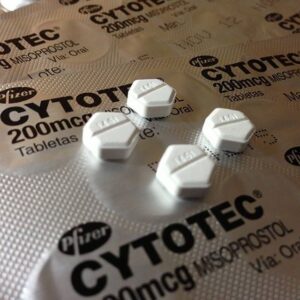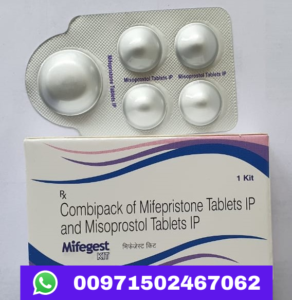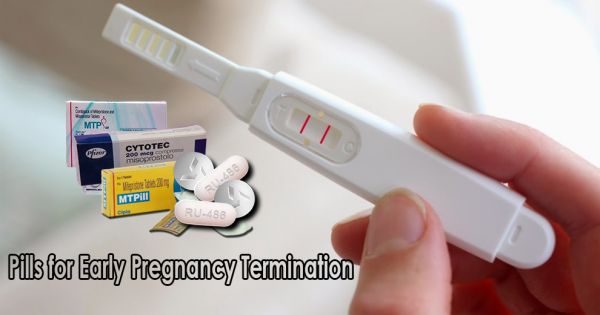Are you looking for a doctor who performs abortions in Dubai? If so, you have come to the right place. If you are considering abortion, you may want to learn more about Cytotec, Misoprostol, and Mifepristone. However, you also have many options when it comes to choosing the Abortion pills in dubai. If you are having second thoughts, read this article. It will provide you with information about the three most popular pills used for abortion in Dubai.
Different medications
Safe Abortion Pills in Dubai are a normal term for two different medications. The first, the mifepristone pill, is designed to prevent the development of a pregnancy by hindering the body’s own progesterone production. The second, the Misoprostol pill, squeezes the uterus, causing it to discharge the fetus. The procedure feels like your period and is comparable to an early unnatural birth.
The second option is to use an in-center procedure. This procedure can be done at anywhere between ten and 70 days after the last period. Taking the pill in Dubai and Abu Dhabi will end the pregnancy. The pills are available for up to 12 weeks of pregnancy. The procedure can last up to two hours and is safe. It works on approximately ninety-six percent of the women who take them.
After the consultation, the pills are taken two days apart. They are taken at home or in a health center. In most cases, the procedure takes 24 hours. For further information and to schedule an appointment, contact Dr. Zahra Ahmad through WhatsApp. She will be happy to answer any questions you may have. It is an opportunity for you to end your pregnancy and have a baby. You can also discuss this with your partner or spouse.

Abort your pregnancy
If you are planning to abort your pregnancy and cannot afford a surgical procedure, you can buy Mifepristone abortion pills in Dubai. This type of medication is safe and effective, but it should only be used under the supervision of a doctor. The pills are not suitable for women who are more than eight weeks pregnant. The dosage required depends on the body weight of the woman, so if she weighs 70 kg or more, she needs more than five pills.
There are two types of abortion pills available in Dubai. The first is the Mifepristone pill, which prevents pregnancy by preventing the body’s own progesterone hormone from being produced. The second type of pill, known as Misoprostol, causes a uterus to squeeze and discharge, which is the same sensation as a period. If you’re taking both, you’ll be able to terminate the pregnancy safely and legally.
After the abortion, you may be offered a follow-up appointment to assess your emotional and physical well-being. Most women report feeling a sense of relief and mixed emotions. The decision to end a pregnancy is a stressful and challenging time, and the stigma surrounding abortion can be upsetting. Therefore, the Mifepristone abortion pills in Dubai will provide relief and healing for both you and your child.

Home pregnancy
If you’re considering a home pregnancy, you may be wondering where you can buy Cytotec abortion pills in Dubai. The UAE is a country where abortion pills are widely available, and you can buy mifepristone or cytotec abortion pills online. Although the recommended self-care guidelines are important, your work, school, and personal circumstances may not allow you to follow them to the letter. Luckily, there are no studies that show that strenuous physical activity after the procedure increases the risk of complications.
A woman who chooses to use Cytotec abortion pills in Dubai should realize that the method is highly viable and is much safer than a natural pregnancy. The medication is also considered safe for women traveling to the UAE. Women who are pregnant and plan to terminate the pregnancy should seek medical advice before attempting a home pregnancy. The benefits of mifepristone and misoprostol are well known. Misoprostol has been shown to decrease the risk of complications related to pregnancy.
A follow-up appointment will be scheduled in two to three weeks after the procedure. At this visit, the clinician will check the woman’s mental and physical well-being. Generally, she will feel fine, with some minor bleeding and cramps. Afterwards, the bleeding will cease or decrease and the woman will feel nauseated and may have breast tenderness, but these symptoms will eventually subside. The pain from the procedure can also be mild to moderate and is temporary.

